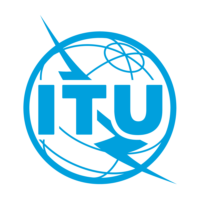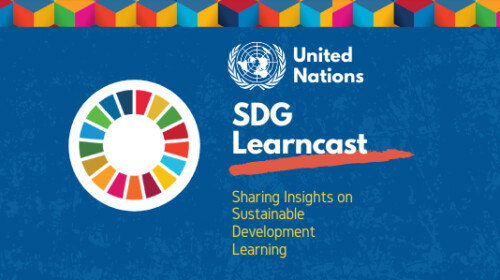This training course encompasses a holistic introduction to ICT accessibility from the perspective of digital inclusion. The course includes an overview of relevant ICT accessibility requirements, policies, regulations, standards, as well as the tools and resources such as practical advice on the public procurement of accessible ICTs.
- An introductory overview on ICT accessibility as a key element to empower all members of society, including people with disabilities for whom it is a compulsory requirement to enable them to live independently.
- An understanding of policies, laws and standards from around the world that regulate the implementation of ICT accessibility.
- A know-how to mainstream ICTs to build and ensure inclusive digital communications.
Target Audience
This training course is designed for all stakeholders (including ITU members, ICT service providers, policymakers, and ICT stakeholders) or individuals who wish to enhance their knowledge on the topic of ICT Accessibility. To ensure inclusive learning, this online self-paced training course has been designed and developed in digitally accessible formats and is, therefore, accessible to all people, including persons with disabilities, such as blind persons or persons with visual disabilities, deaf persons and/or persons with hearing impairments.
Learning Objectives
- Be aware of accessibility features in mainstream ICTs, e.g., mobile phones, computers, television, websites, and self-service terminals such as ticket machines.
- Understand the benefits of accessible features in ICTs for persons with disabilities.
- Know the global frameworks and digital inclusion agenda encompassing ICT accessibility.
- Gain knowledge of international and regional laws that required ICT accessibility and the public procurement of accessible ICTs.
- Know the main ICT accessibility standards and standard-making bodies.
- Understand how to use available tools and guidance documents to identify and incorporate ICT accessibility standards in public procurement processes.






